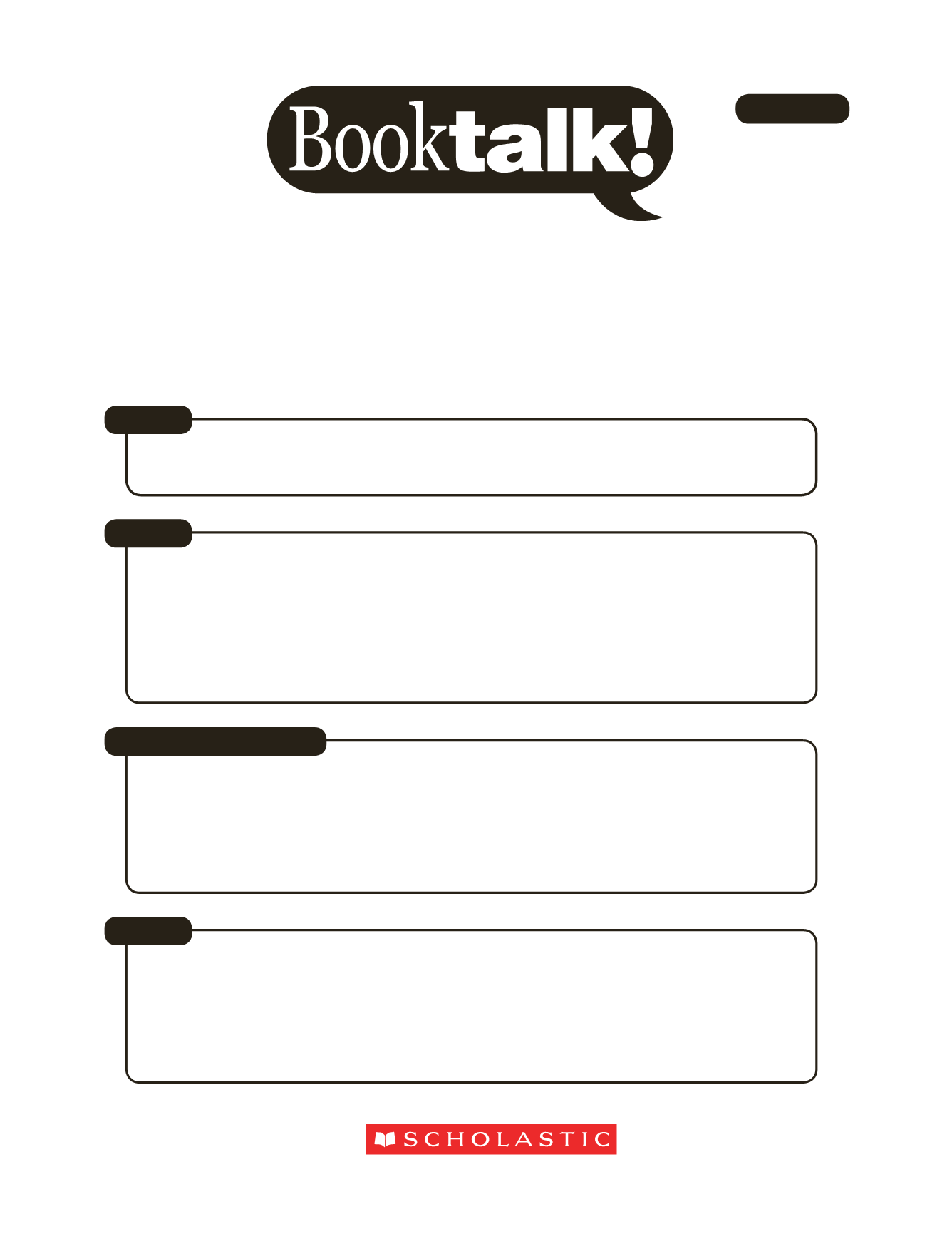

Booktalking Activities
Booktalking Buddies:
Positive Influences Across Grade Levels
Educator
Rehearsed booktalks performed with gusto. These don’t have to be perfect, but
they should be polished.
What
Try to group students with children at least two grades younger than they are.
Younger students look up to and admire older readers, and prove to be an
enthusiastic audience. Just keep in mind this age difference as your students
make their book selections. If booktalking to a kindergarten class, for example,
picture books are the most appropriate choice. Remember that a great booktalk
convinces the listener to read the book – select books that your audience can
read if their interest is piqued.
Who
Ultimately, you want your students to feel comfortable performing booktalks for
as many types of people as possible. But before they’re ready for their peers or
their parents, students in lower grades might be a great start: they’re a fascinated
and forgiving audience. Younger students benefit as well, as they see positive role
models of reading. They’ll begin looking forward to the day when they are the
ones performing booktalks!
Why
Booktalking can happen anywhere, at any time! However, you’ll want everyone
to be comfortable; your booktalkers may be nervous and your audience may
be easily distracted. This might mean booktalking in a communal space familiar
to both of them, such as the media center or cafeteria. It’s always a great time to
booktalk, but keep in mind that students may get riled up – booktalking is fun!
You might find that it’s the perfect way to end the school day.
When and Where
Want your students to model good booktalking skills? They need the right audience!
Students in younger grade levels are eager listeners. It’s fun for everyone!
© 2016 Scholastic Inc. 12514 Printed in the U.S.A.12964
















